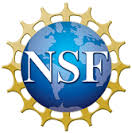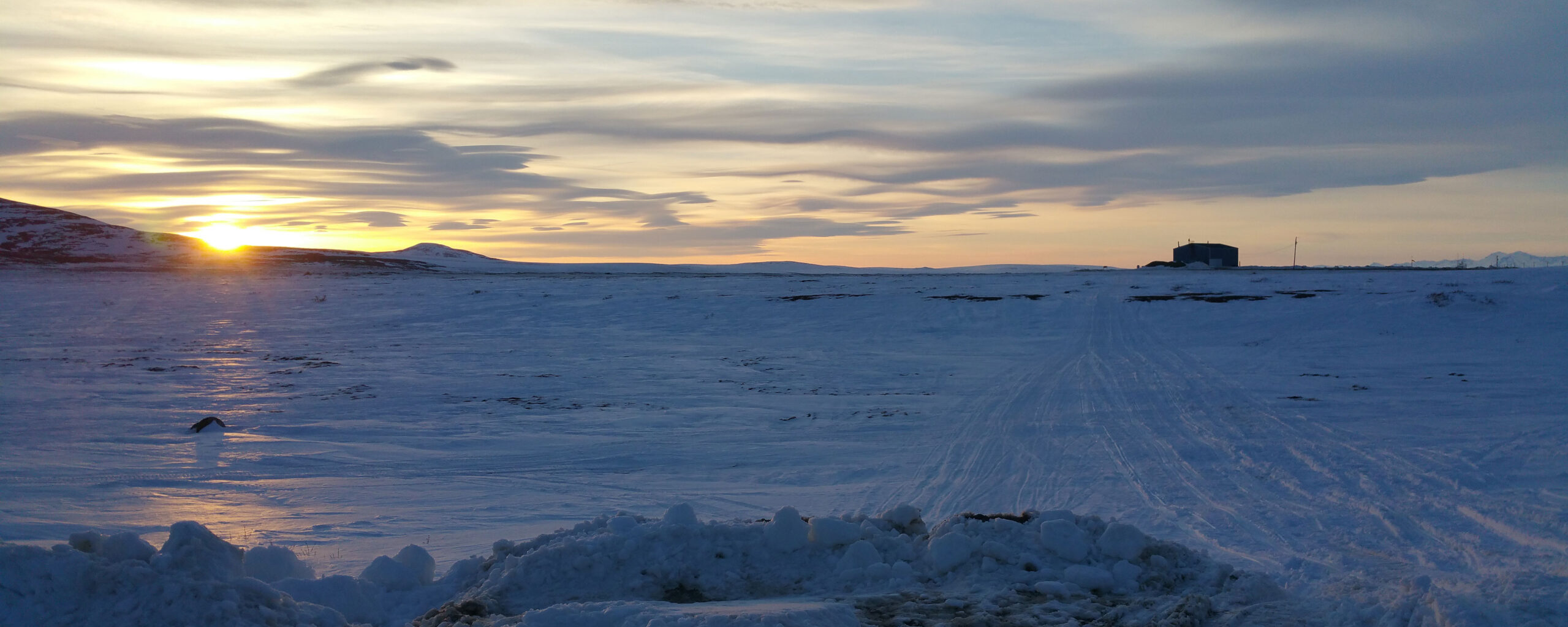
NSF grant supports exploration of the Arctic’s complex human-nature changes in Bering Strait
| Start Date: | July 1, 2021 |
| End Date: | June 30, 2024 (Estimated) |
| Total Intended Award Amount: | $897,357.00 |

Arctic communities and ecosystems are experiencing dramatic changes, not just from a changing climate, but also from economic globalization and increased development of Arctic natural resources. Although these economic and climate forces are often studied separately, they may interact, generating potentially complex effects on ecosystems and the wellbeing of Arctic human communities. As an essential step toward mitigating threats and promoting human wellbeing, this research project seeks to understand how forces from outside Alaska, such as marine traffic, tourism, and natural resource extraction, combine to affect marine ecosystems and coastal human communities.
To examine the interactive effects of multiple distant drivers on Arctic systems, the researchers will develop a dynamic systems model focusing on the Bering Strait region of Alaska. As the only marine access point to the Arctic from the Pacific Ocean, the Bering Strait represents a critical corridor for both migratory marine wildlife and marine vessel traffic, making it an ideal study region for this project. The model will be based on the framework of telecoupling, which examines socioeconomic and environmental interactions across long distances. The interdisciplinary team will apply this model to address three important and interrelated objectives:
- Understand how telecouplings influence the habitat of marine mammal species crucial to subsistence economies and cultures,
- Determine the effects of telecouplings on community economies and wellbeing,
- Develop different telecoupling-induced change scenarios and assess their potential effects on human communities and marine mammal habitats.
Researchers and community partners will collaborate to incorporate local knowledge into the model and improve its ability to reflect on-the-ground experiences, as well as document concerns and local knowledge. Furthermore, the team will train four junior interdisciplinary systems scientists, and will disseminate research results widely to various stakeholders to help with the sustainability of Arctic human and natural systems.
